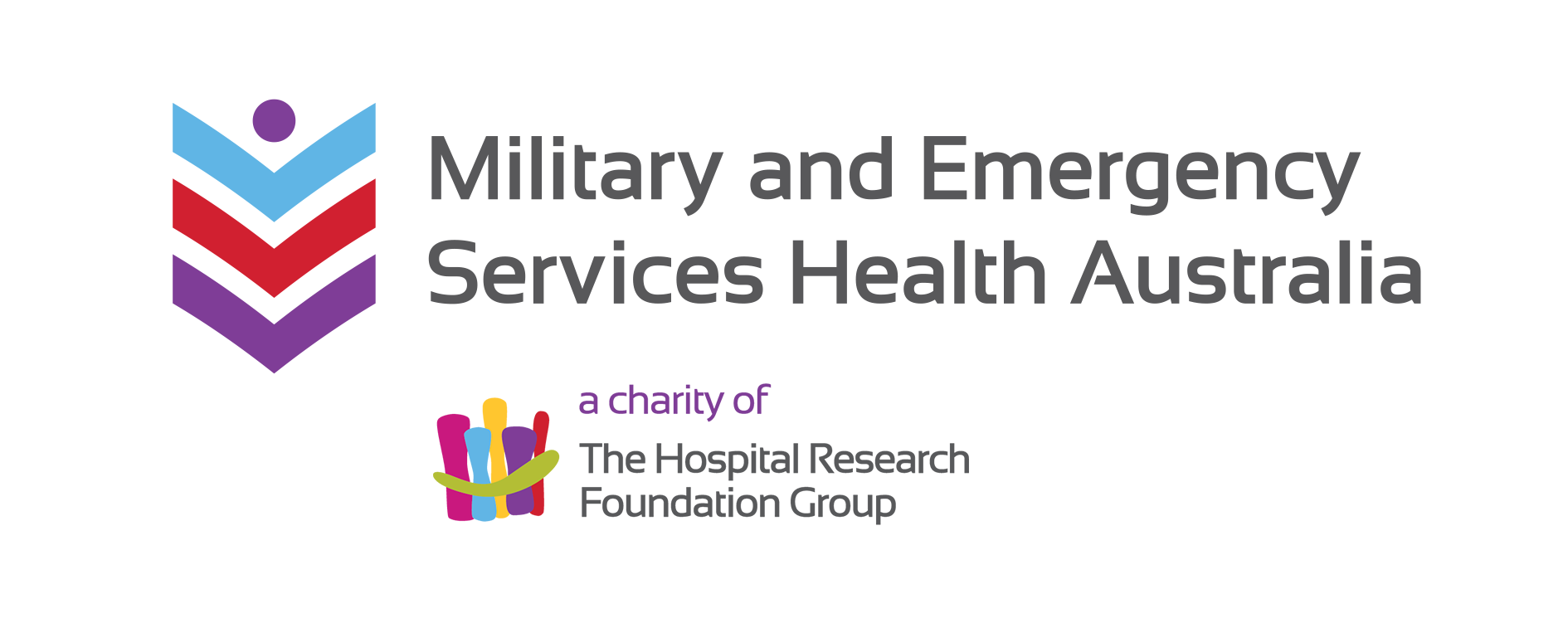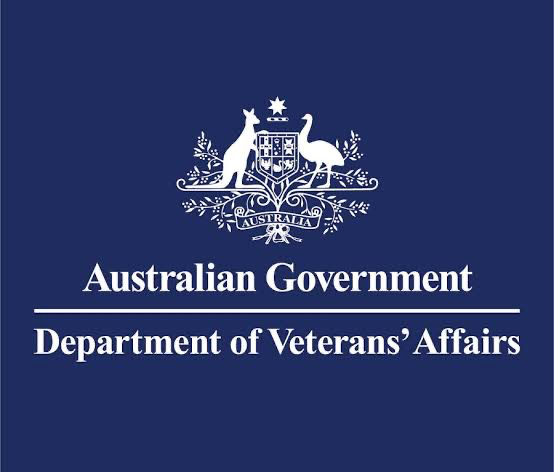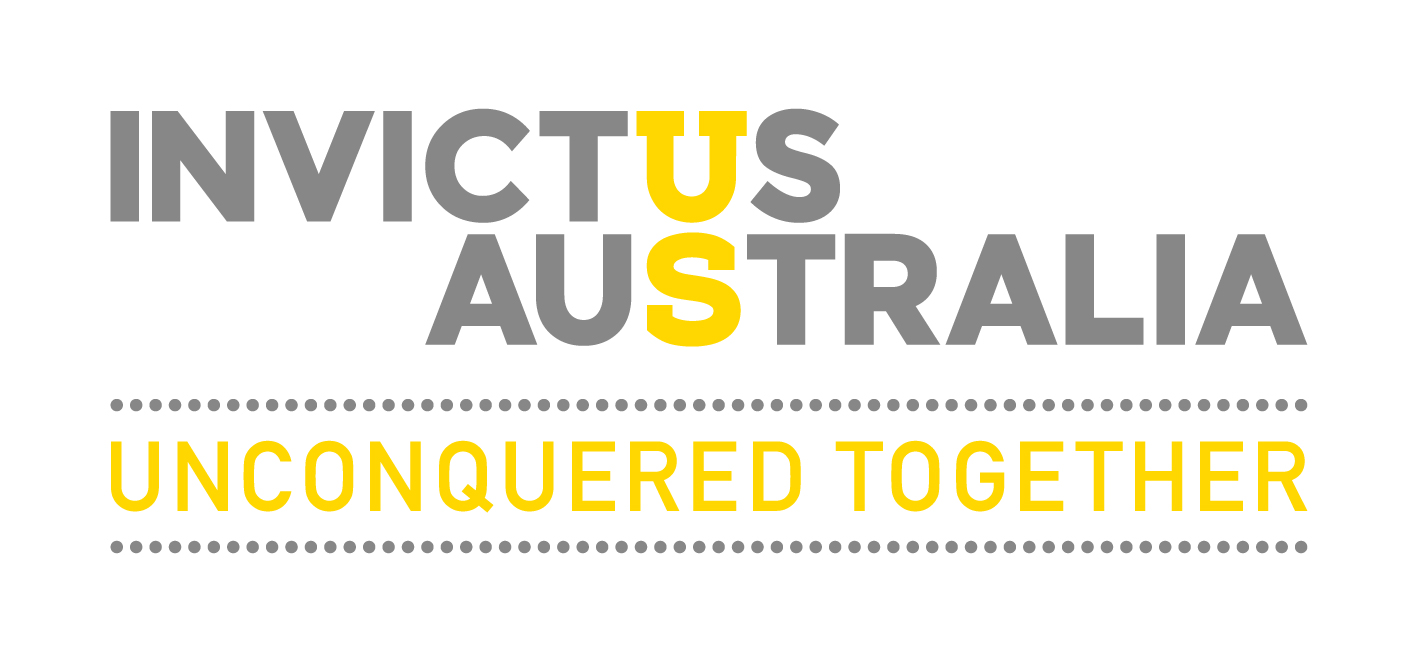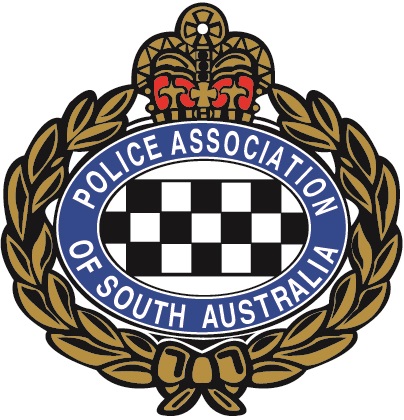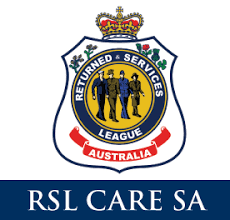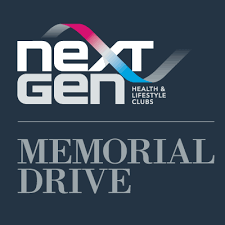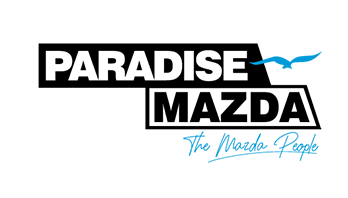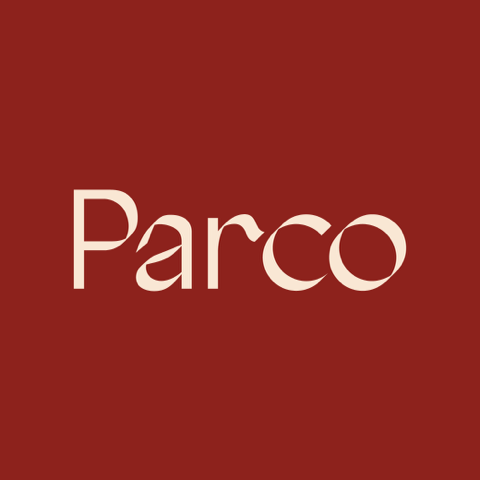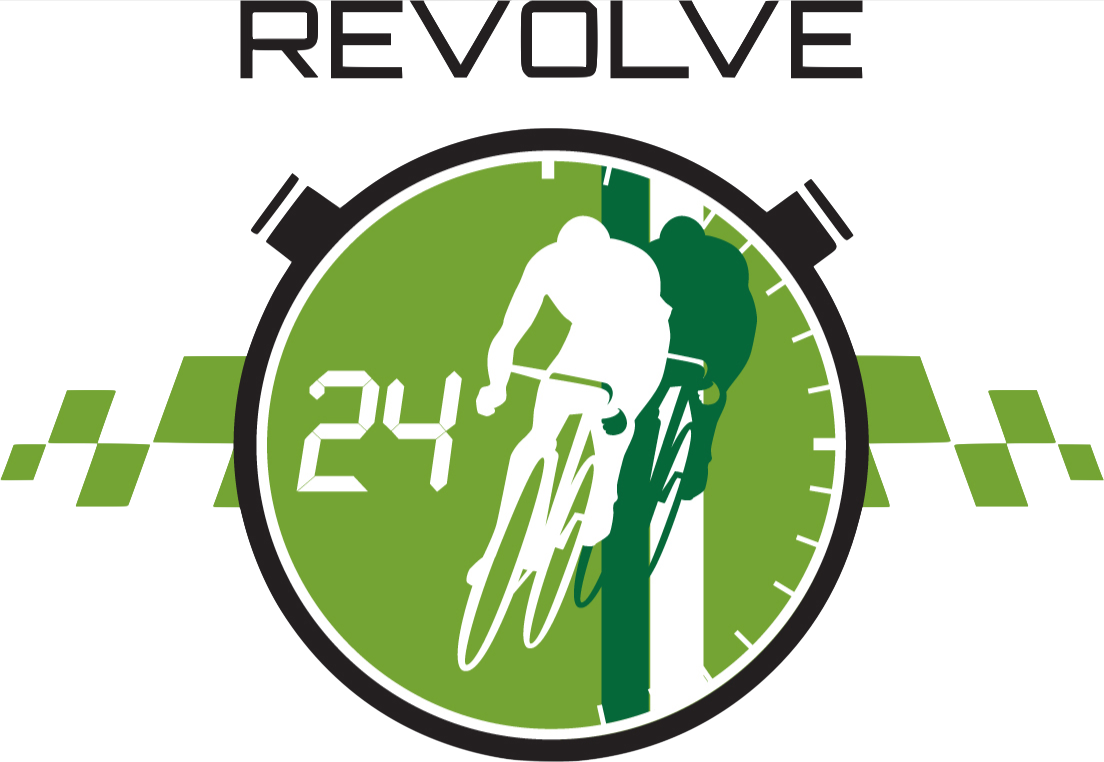WAVES offers a variety of wellbeing activities for current and past serving veterans, first responders and their families.
The aims of the program are to provide pathways for community reintegration, rehabilitation and recovery programs, goal setting and peer to peer activities to support wellbeing.
WAVES has three current programs:
- Invictus Pathways Program (IPP) - 1:1 training with UniSA students on campus at UniSA
- Community Adaptive Sports Program (CASP) - facilitated in the community; and
- Heart Health Program - a group exercise program delivered by UniSA students on campus at UniSA
CASP activities on offer may include:
- Swimming
- Archery
- Cycling
- Sailing
- Wheelchair sports
- Sitting Volleyball
All CASP activities, unless otherwise specified, are open to participants family members to join in as well.
UniSA Student Involvement
The Invictus Pathways Program provides a unique opportunity for UniSA students to gain valuable placement opportunities within the adaptive sports and wellbeing fields. For UniSA students studying in the fields of exercise & sport science, exercise physiology, occupational therapy, physiotherapy and podiatry, the benefits of participating in the Invictus Pathways Program go well beyond industry experience.
Students strengthen their understanding of the practical side of their degrees, while building meaningful relationships with the veterans and first responders they work with. Navigating through complex challenges, such as adapting programs to participants’ physical and mental health requirements, provides students with advanced knowledge and experience.
The opportunity to undertake placement within the IPP and to make a real and lasting difference in the lives of returned veterans and first responders demonstrates to students the significant value of their contribution as future allied health professionals
Research and Evaluation
Study 1
The physical, psychological, and social impacts of participation in the Invictus Pathways Program: A qualitative analysis of veterans’ perceptions and experiences, PLOS One, Post, D, Baker, A, Milanese, S, Freegard, S, & Parfitt, G, 2023.
Describes expectations and experiences of IPP veterans via semi-structured interviews.
-
- Participants reported positive impact of IPP on social engagement, and sense of belonging within IPP and UniSA.
- Participants felt fitter and stronger and strongly felt it was an opportunity to ‘give back’ by contributing to student training.
- They intended to continue being physically active, including involvement in community sporting organisations.
Study 2
Process evaluation of the Invictus Pathways Program, PLOS One, Post, D, Baker, A, Milanese, S, Freegard, S, & Parfitt, G, 2023.
Describes components of IPP and reports on process evaluation, including number of training sessions, attendance, activities, and program fidelity between 2017 & 2020 via semi-structured interviews with IPP participants, family support network and IPP staff.
-
- High fidelity for student-delivered exercise training sessions.
- Between 2017 and 2020, 53 veterans participated in or continued to participate in IPP, and 63 students completed placements; individual training sessions increased from 53 in in 2017 to 1,024 in 2020.
- Satisfaction with IPP was mostly high, although areas for improvement noted, such as communication and structured processes for transition from IPP, better support for those not reaching their goals (e.g., selection for Invictus Games), ensuring that agencies engaging with participants understood mental health factors.
Study 3
“I know I can do anything I set my mind to now.” From the Invictus Pathways Program to representing Australia competitively: a qualitative analysis of the perceptions and experiences of veterans and their family support networks about the impact of participation., Military Behavioral Health, in review. Post, D, Baker, A, Milanese, S, Freegard, S, & Parfitt, G, 2023.
Describes lived-experience perspectives (between August ‘18 to December ’20) of training, team selection, representing selves and country on the international stage, and plans post-competition via semi-structured interviews.
- Participation in competition was valued by veterans and members of family support network, but was generally followed by ‘post games blues’.
- Despite the evidence for physical and psychological benefits for veterans who participate in competitive events, appropriate support throughout training, participation, and post-competition, should be provided to mitigate potentially detrimental impacts on mental health and wellbeing.
- It is important to incorporate perspectives and needs of family networks when developing, implementing, and evaluating approaches to veteran support in this environment.
Study 4
Physical activity interventions and programs targeting physical and psychological wellbeing for veterans: a systematic review. In preparation. Post, D, Worley, A., Cockram, H. & Parfitt, G.
Study 5
Impact of the Invictus Pathways Program placement on students’ readiness to work with veterans and first responders. Nelson, M., Stenner, B.
This project will establish the impact of the IPP placement experience on students’ readiness to work with, and attitudes towards veterans and first responders. It aims to evaluate the extent to which IPP placements up skill students in the area of veteran and first-responder health and wellbeing.
Current PhD
Supporting the wellbeing of veterans, first responders, and family care-partners as they transition through and out of the Invictus Pathways Program (IPP), Hannah Cockram, 2022-2025.
The overarching aim of this PhD research is to support the wellbeing needs of veterans, first responders and their family care-partners as they transition through and out of the IPP.
Veterans' Engagement & Education Program (VEEP)
The Veterans' Engagement & Education Program (VEEP) helps students to balance study with work and family responsibilities, and to respond to some of the unique challenges that may arise as a result of their service. This program is available to veterans, current serving and ex-serving Australian Defence Force members, including reservists, first responders, and immediate family members who are studying at UniSA.
The Invictus Pathways Program offers physical wellbeing programs to students enrolled in the UniSA VEEP program. VEEP participants are provided with access to an 8 week training program with allied health students at our City East, City West and Magill campuses.


